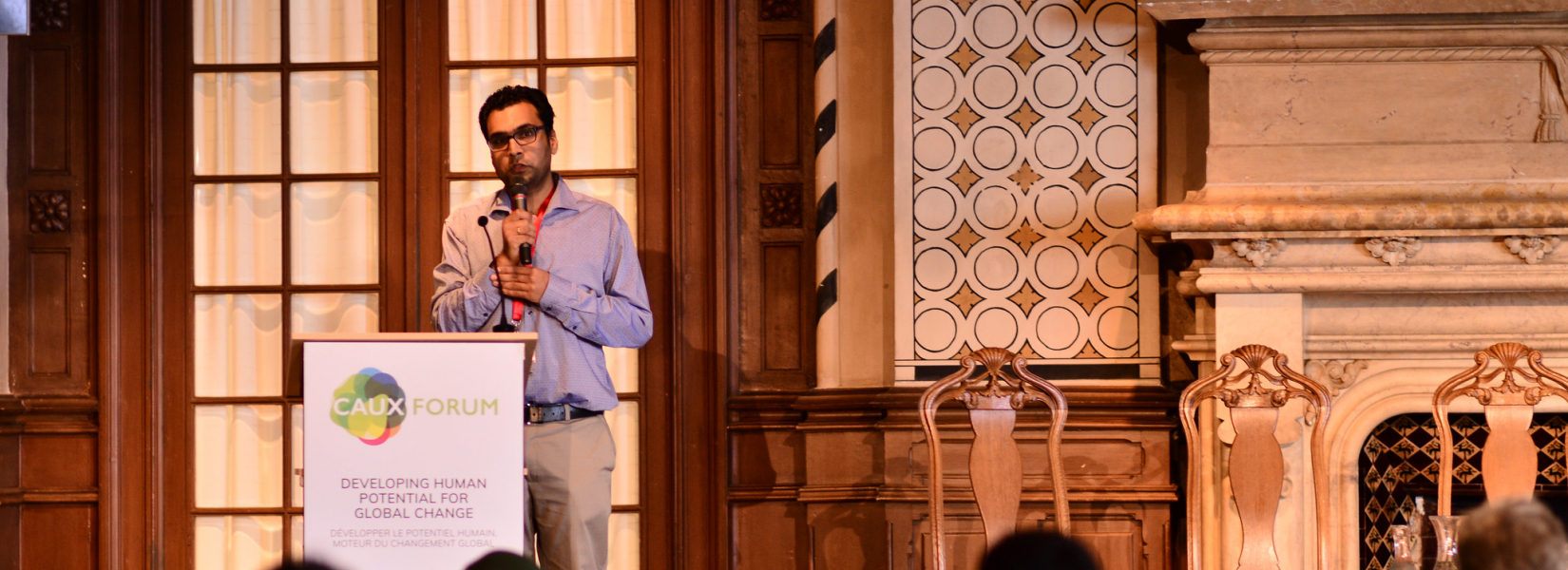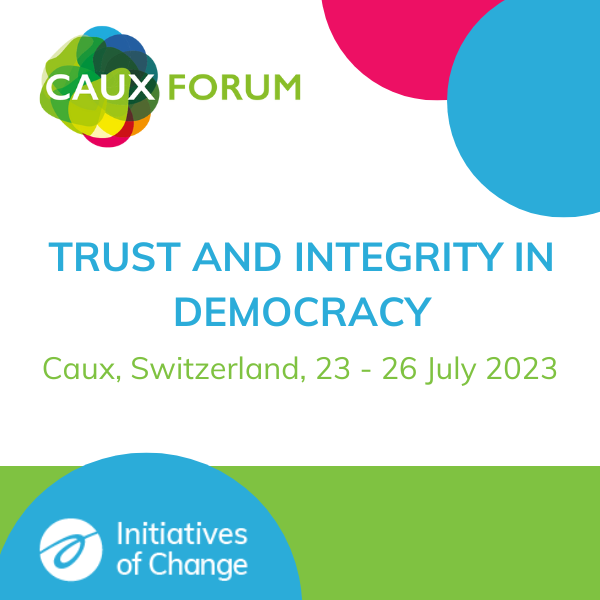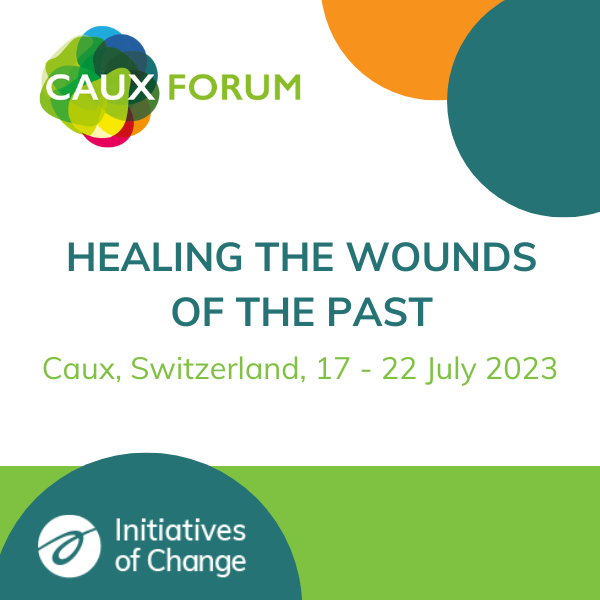Sustainable finance and land restoration
Caux Dialogue on Land and Security
21/07/2018
On 20 July, the Caux Dialogue for Land and Security focused on sustainable finance and land restoration. The day was introduced by Rishabh Khanna, who spoke of the need to sequester 100 PPM of C02, as our current atmosphere has reached the historic high of 410 ppm, with rapid effects on the climate. Although this would cost almost US$ 4.27 trillion, the investment could create food security, jobs and resolve conflicts.
Today, Khanna continued, we have global market capitalization of US$ 85 trillion, according to Business Insider UK. Of this about US$ 30 trillion come from pension funds, health care and education, which are essential services. If we move a fraction of this money from speculative equity markets to evergreen investment frameworks, in which money is used for sequestering CO2, it would create resilient ecological and social systems. As an example of how to invest to sequester Co2, he presented the Better Globe initiative, which plants trees in a semi-arid region of East Africa and in which he had personally invested.
The inspirational workshops, presentations and panellists which followed generated much interest. Themes included bringing significant investment into land restoration and ecosystem services. There were discussions about the role of blockchain in enabling more efficient financing of land restoration, payment for ecosystem services, enhanced transparency and verification of activities.
The breadth and depth of the themes reflected the diverse needs of smallholder farmers, financial institutions, intergovernmental organizations including the UN Convention to Combat Desertification (UNCCD) and the UN Framework Convention on Climate Change (UNFCCC) and raised questions about financial inclusion, transparency, fairness and the nature of existing monetary policy.
The day culminated in a celebration of the diversity of the land restoration movement around the world with expertise in financial services, sustainable agriculture, agroforesty, smallholder empowerment and women’s leadership.
Many of the organizations represented committed themselves to collaborating and conducting side events at the UNFCCC Conference of Parties in Poland in December 2018. They included Initiatives for Land, Lives and Peace (ILLP), African Development Bank (Adaptation Mechanism), Regen Network, Regen Investment, BlueGen, Earthpulse, Nutiva, Soil4Carbon, Worldview Impact Foundation and Bio-Carbon Engineering.
Participants also discussed the formation of a global blockchain alliance for land restoration. The group will take its message about the role of soil carbon and land restoration in the UNFCCC context into a blockchain Hackathon for Climate, focusing on regenerative agriculture, blockchain use cases and investment.
Several pilot projects will be launched on such themes as the use of blockchain to verify carbon sequestration and ecosystem services, on blockchain investment and finance mechanisms, and on stakeholder engagement.































